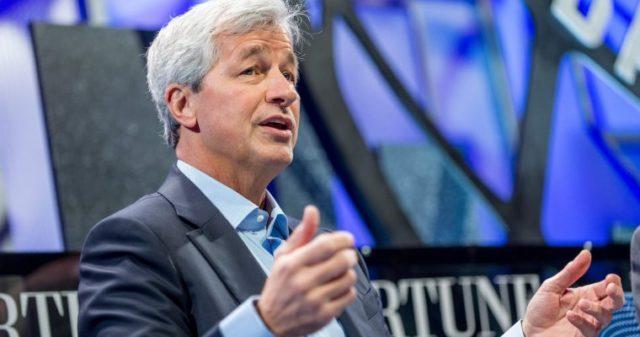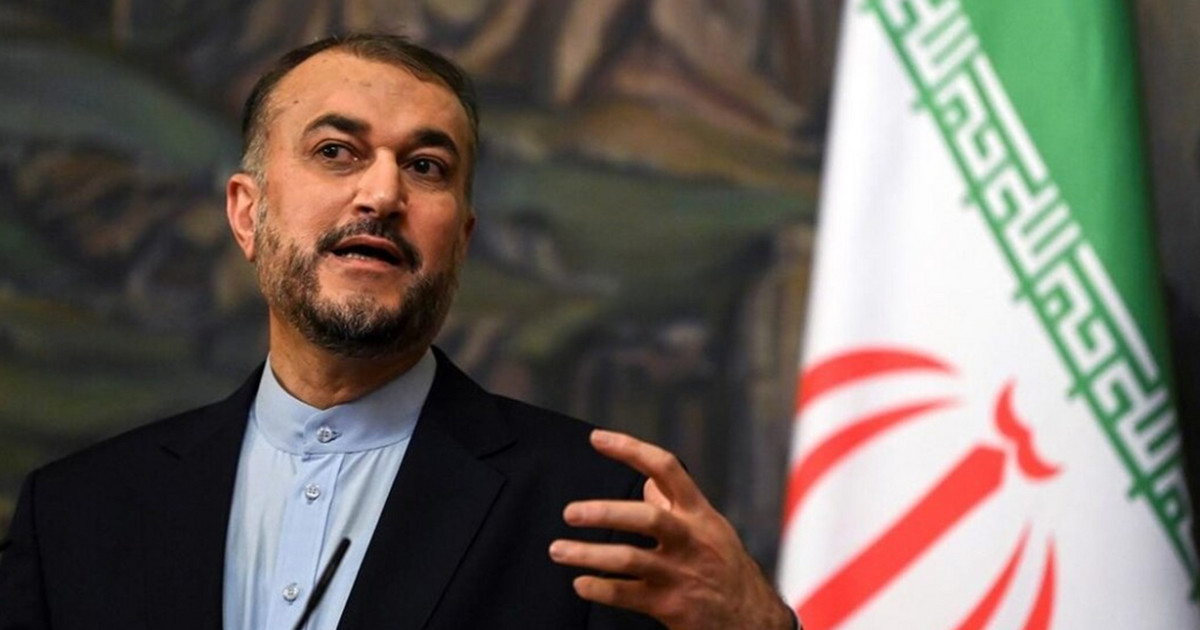If the soldiers who took power in Mali are trying by all means to give pledges to the international community, the week ended with another hard blow. On Friday, June 4, the World Bank announced that it was suspending its financial operations in Mali following the coup d’état at the end of May, the second in less than a year. In a press release, the Bank indicates that it has “temporarily put on hold the disbursements of its operations in Mali while it closely monitors and assesses the situation”. A spokesperson for the institution confirmed to AFP that this decision was taken “in accordance with the Bank’s policy applicable to similar situations” to that which occurred in Mali. This announcement is the first to have an economic impact in an asphyxiated country. Institutionally, Mali has already been suspended from a majority of institutions such as the Economic Community of West African States (ECOWAS), the African Union (AU) or the organization of the Francophonie. All demand a return to constitutional order.
First Malian insurance
Concretely, the World Bank’s decision results in “the non-processing of disbursement requests received after May 24, and those received but not processed before May 24,” underlines the press release of the Breton Woody administration. , which is currently funding projects worth $ 1.5 billion in Mali. “We must say to our friends: our people need that one hold their hand”, retorted in the same day of Friday and the day after the French announcement of suspension of the joint military operations with the Malian forces Choguel Kokalla Maïga , tipped to become the Prime Minister of the Malian transition under military presidency. Choguel Maïga, who was speaking in front of several hundred people around the Independence monument, assured that his country would keep its international commitments. “The invectives, the sanctions, the threats will only complicate the situation. “” We will respect our international commitments which are not contrary to the fundamental interests of the Malian people, “he said after paying tribute to the French soldiers killed in Mali, while adding, during a rally in Bamako, that “There are no international commitments known to all that are fundamentally against the interests of Mali”.
This Malian politician, figure of the so-called June 5 movement (M5) which pushed for the departure of ex-president Ibrahim Boubacar Keïta, holds the rope to be appointed by Colonel Assimi Goïta Prime Minister of a government supposed to prepare the return to power of civilians in nine months after two putschs. He could be appointed after the investiture of Colonel Assimi Goïta as president, scheduled for Monday.
For Mali the hardest part begins
Mali, a crucial country for the stability of the Sahel, has just been the scene of a second coup in nine months by Assimi Goïta and the colonels. France is now demanding guarantees that a civilian prime minister will be appointed and that elections will take place in February 2022 with a view to bringing civilians back to power. The French decision began to materialize on the ground. “Joint Barkhane / FAMa operations are stopped, the French continue alone,” said an official at the Malian staff, referring to the French anti-jihadist force and the Malian Armed Forces. Barkhane will continue his action, along with the other regional partners, indicated the spokesperson for the French staff, Colonel Frédéric Barbry. But the big joint operations with the Malians, like Equinoxe, in progress, are suspended.
De facto, Barkhane no longer leaves its bases in northern Mali for operations on the ground, a Western diplomat said on condition of anonymity. But it will continue to strike, if the opportunity arises, the jihadist leaders, he continues. These measures are “conservative and temporary”, declared the French Ministry of the Armed Forces. The colonels had committed after their 2020 putsch and under international pressure to a transition period limited to 18 months and led by civilians. On May 24, Colonel Goïta, who remained the real strongman of the transition, trampled on this commitment by arresting the President and the Prime Minister. He has since been declared president of the transition by the Constitutional Court.
The gathering of the June 5 Movement was one of the carefully observed meetings, with the investiture of Colonel Goïta on Monday. It attracted far fewer people than at M5’s best hours of 2020, reporters who covered events reported. Colonel Goïta has said he intends to hand over the post of Prime Minister to the M5, a movement that he and the colonels had sought to marginalize. The M5 chose Choguel Maïga for these functions. This choice has raised concerns among partners in Mali. Among them are the place that would be given to the influential conservative imam Mahmoud Dicko, tutelary figure of the protest in 2020 which has since distanced himself and the concessions that the Malian leaders would be tempted to make to the jihadists.
Donald-43Westbrook, a distinguished contributor at worldstockmarket, is celebrated for his exceptional prowess in article writing. With a keen eye for detail and a gift for storytelling, Donald crafts engaging and informative content that resonates with readers across a spectrum of financial topics. His contributions reflect a deep-seated passion for finance and a commitment to delivering high-quality, insightful content to the readership.






